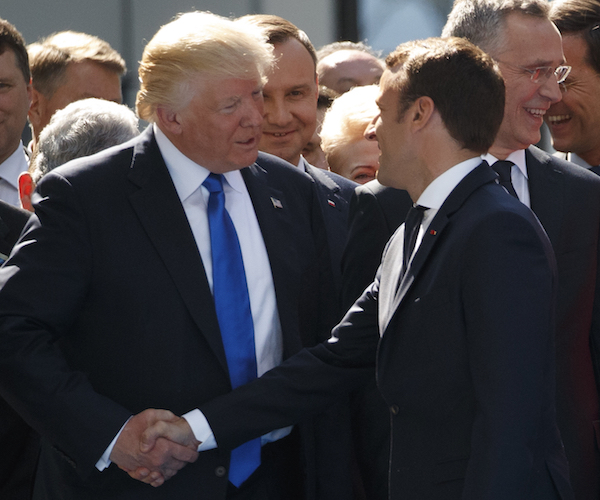Pandemic canceled handshakes, hugs; what are the repercussions?

By Lynn Allison From NEWSMAX
For over a year we have been told not to shake hands, hug, or God forbid, kiss people when we greet them in public. The pandemic precautions mean that people, especially those who live alone and do not have family members to embrace, might have suffered a lack of physical contact.
According to USA Today, that might not be such a bad thing for many people who just do not like the standard social, physical greetings. Experts say some individuals experience discomfort at shaking hands with another person or hugging them just because that has been the perceived norm.
“Many get the message that it’s only a handshake, and it would be impolite to offer anything otherwise,” said Shafia Zaloom, author of Sex, Teens & Everything in Between. Zaloom, a health educator at the Urban School in San Francisco, says the new rules could also be a relief for kids who are told by their parents to greet adult relatives with a hug or kiss.
“We want our kids to trust their intuition, especially when it relates to body autonomy,” she told USA Today. “We also want kids to have a sense of agency when it comes to their intuition and their bodies, which is an important part of their sexuality.”
Ashley Peterson, a licensed psychotherapist, says, while it is important for children to claim their personal autonomy, customary greetings vary from culture to culture so the pre-pandemic hugs or cheek kisses might prevail after COVID-19 is contained.
According to USA Today, in Sudan it is common for people not only to shake hands when greeting, but to kiss both cheeks. Peterson suggests that now is the perfect time to discuss greeting options with your children and let them make their own decisions.
“They should definitely be able to say who they want to touch, hug and all those other things with their bodies,” she adds.
Zaloom says, while handshakes, hugs, and kisses do not necessarily have to disappear, we should acknowledge our own comfort levels in the future and do what feels acceptable to both parties.
Some experts are happy to see the handshake disappear altogether, however.
“I don’t think we should ever shake hands again,” Dr. Anthony Fauci, director of the National Institute of Allergy and Infectious Diseases, said last year. “We’ve got to break that custom. Because, as a matter of fact, that is really one of the major ways you can transmit a respiratory illness.”
Zaloom tells USA Today, people can say hello with “an enthusiastic verbal greeting, a bow, a head nod and smile, or drop a beat on your greeting and do a mini dance.”
But Peterson counters, some people rely on nonverbal communication skills to convey their feelings. It is their way of showing they care, she says.
“It would be helpful if post-pandemic we’re able to kind of recognize that we all don’t have to follow the same exact path of interacting with people,” she says. “So, if it’s something that you are looking forward to or to something that you want to do, you should be able to do it.”
The end of the handshake may create problems in the business and political world as well as in our personal lives. Shaking hands has been seen as a sign of civility, according to Stephen L. Carter, a professor of law at Yale University and well known legal and policy writer.
“Shaking hands traditionally signaled a lack of aggression,” he says. “The open palm holds no weapon, and, while locked with someone else’s, can draw no weapon.”
He adds, the end of the handshake could also lead to information loss. For example, in business, Carter says researchers view the quality of a handshake as important during a job interview process, especially among males.
“Fist bumps or elbows cannot carry the same signal,” he says.
It is also a powerful diplomatic tool. Carter references the iconic photograph of Yasser Arafat and Yitzhak Rubin in 1993 shaking hands at the White House to “symbolize their agreement to the Camp David Accords.” He said the handshake mattered because it was so hard to believe it happened.
Carter said if you socially distance the two leaders, the photograph signals nothing. Doing away with the handshake might be good for our health, but not so beneficial for our civility, says the expert.
© 2021 NewsmaxHealth. All rights reserved.
For more on this story go to: NEWSMAX





